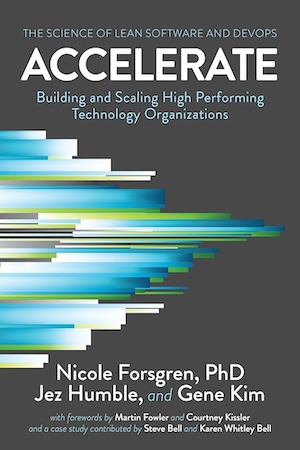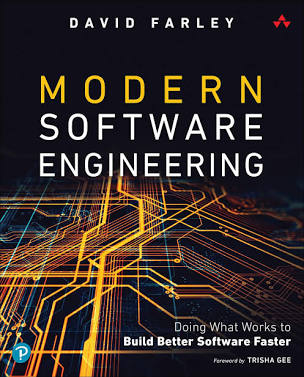/now
I’m currently working on decision-centric systems — software that operates under real constraints rather than ideal assumptions. Most of my focus is on how decisions are shaped by boundaries, accountability, and failure conditions, especially in environments where outcomes matter and reversibility is limited — questions closely related to work like Normal Accidents.
Lately, I’ve been thinking a lot about governance-first architectures: defining what is allowed, what is excluded, and where escalation should stop before any optimization or automation takes place. The goal isn’t efficiency or cleverness, but operational clarity — systems that behave predictably even when information is incomplete or politically constrained, a perspective explored in Seeing Like a State.
This work is less about building tools and more about designing structures that can act without constant human involvement. I’m exploring how responsibility, escalation paths, and fallback logic can be embedded directly into systems, so that they hold up under real-world pressure rather than ideal scenarios.
/log
/constants
/book notes

Accelerate - by Nicole Forsgren, Jez Humble und Gene Kim
"Accelerate" dives into the dynamics of high-performing software development teams. The book explores the intersection of technology and management, and how they combine to drive productivity and innovation. It examines the relationship between delivery performance and organizational outcomes.

Modern Software Engineering - by Dave Farley
Dave Farley's "Modern Software Engineering" focuses on continuous delivery, feedback loops, and system-level improvement. This book is a testament to continuous improvement and adaptability in the face of the fast-paced tech world...